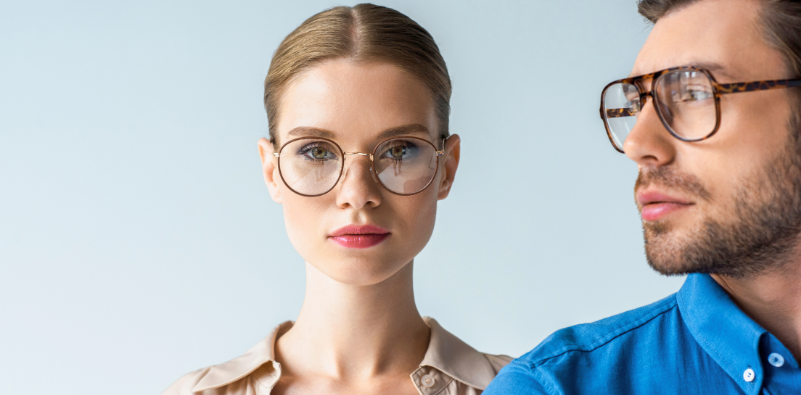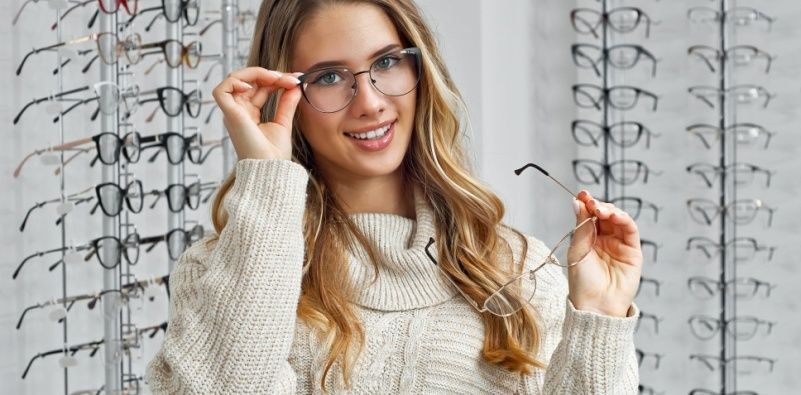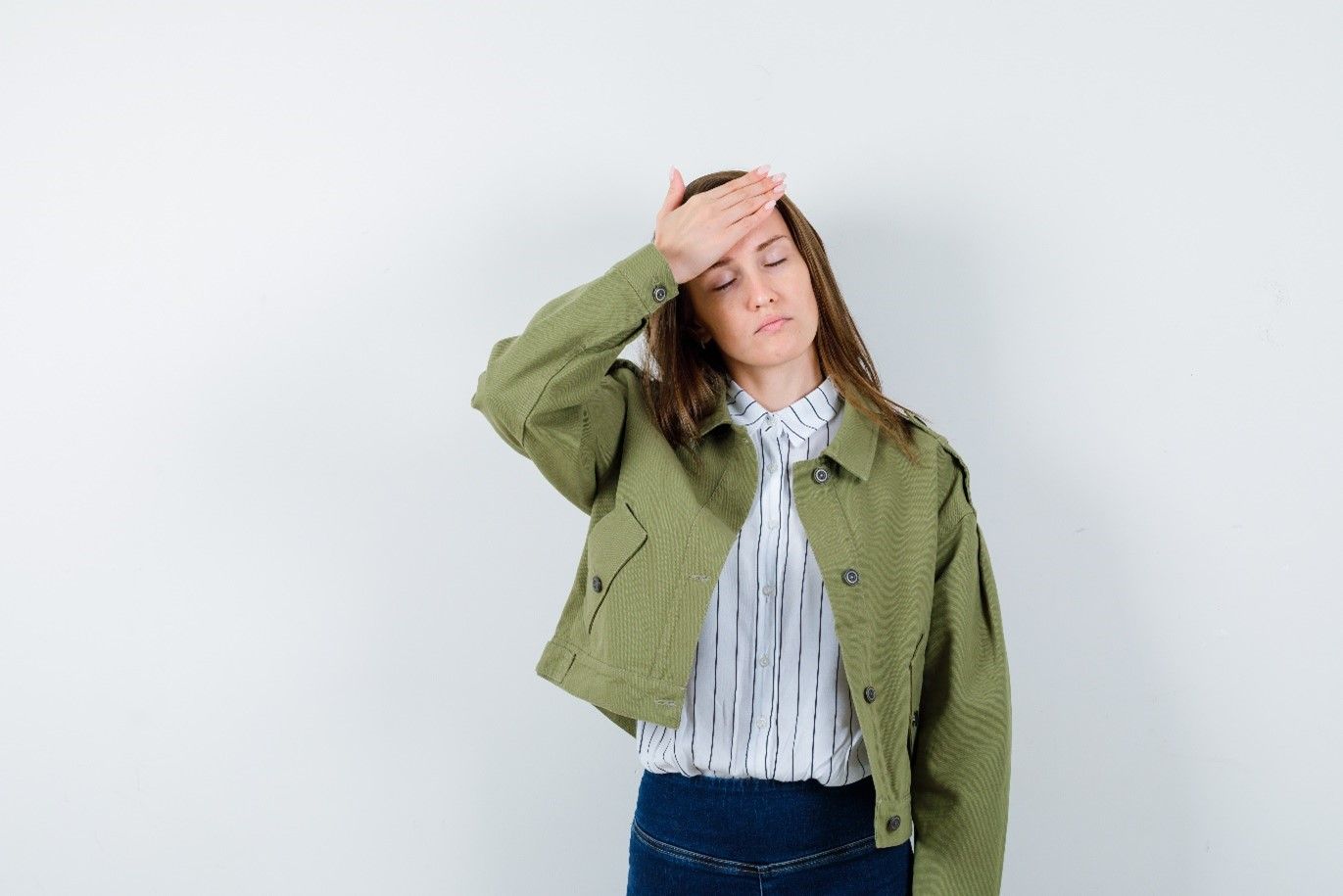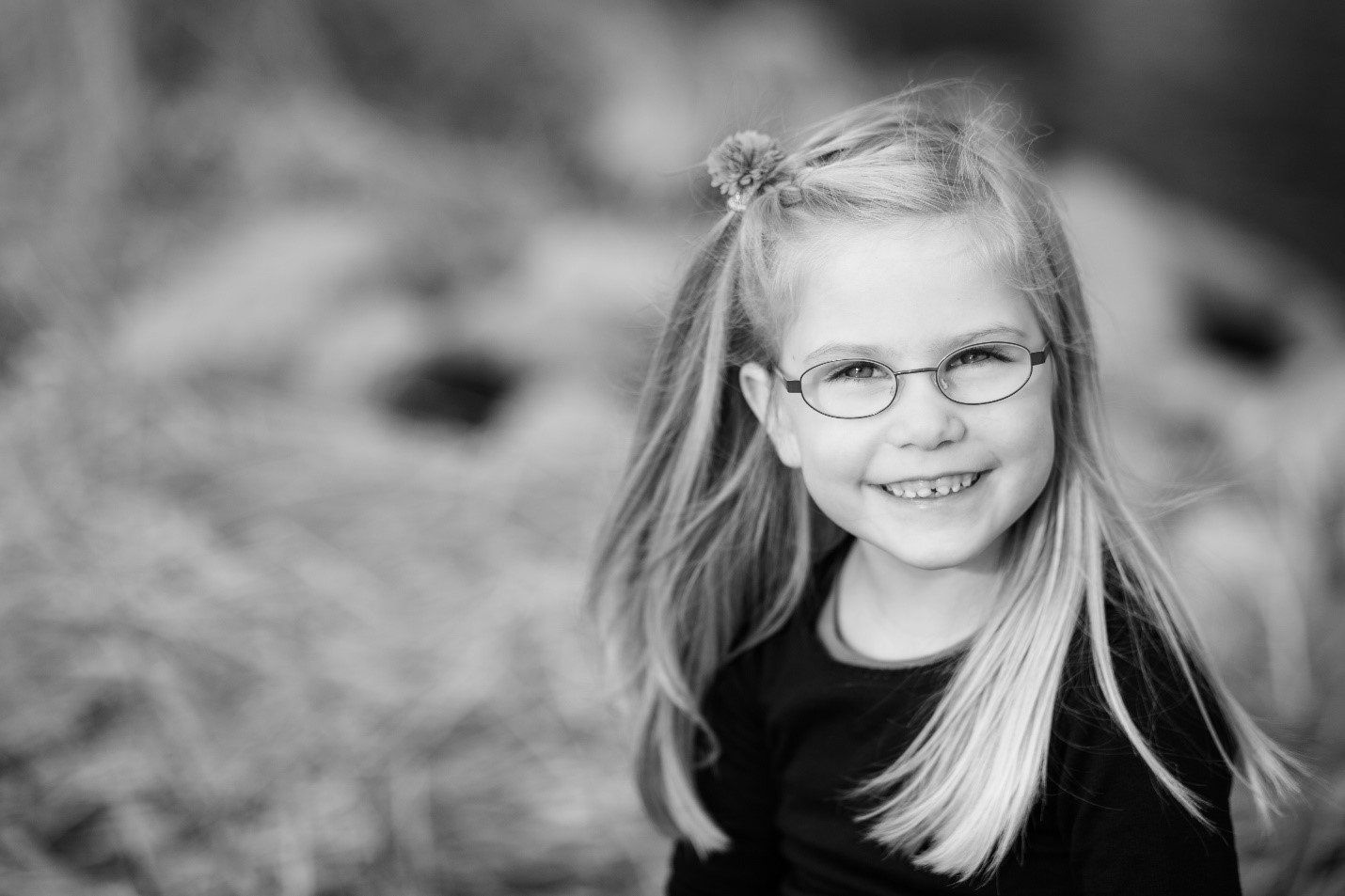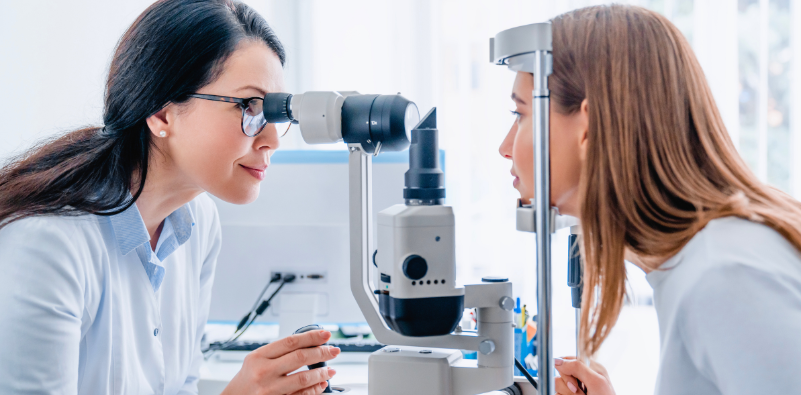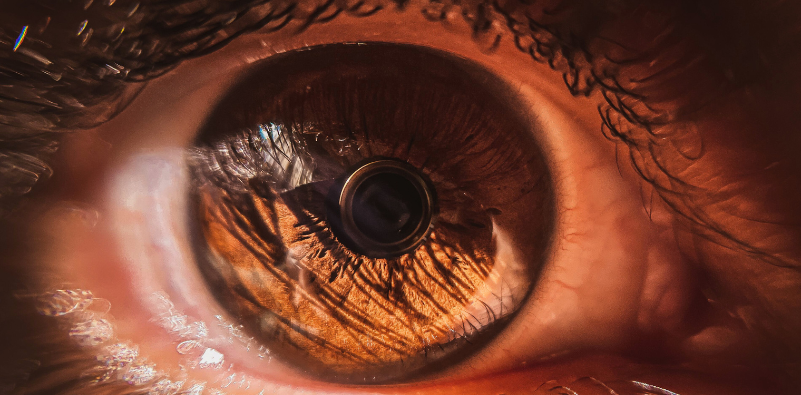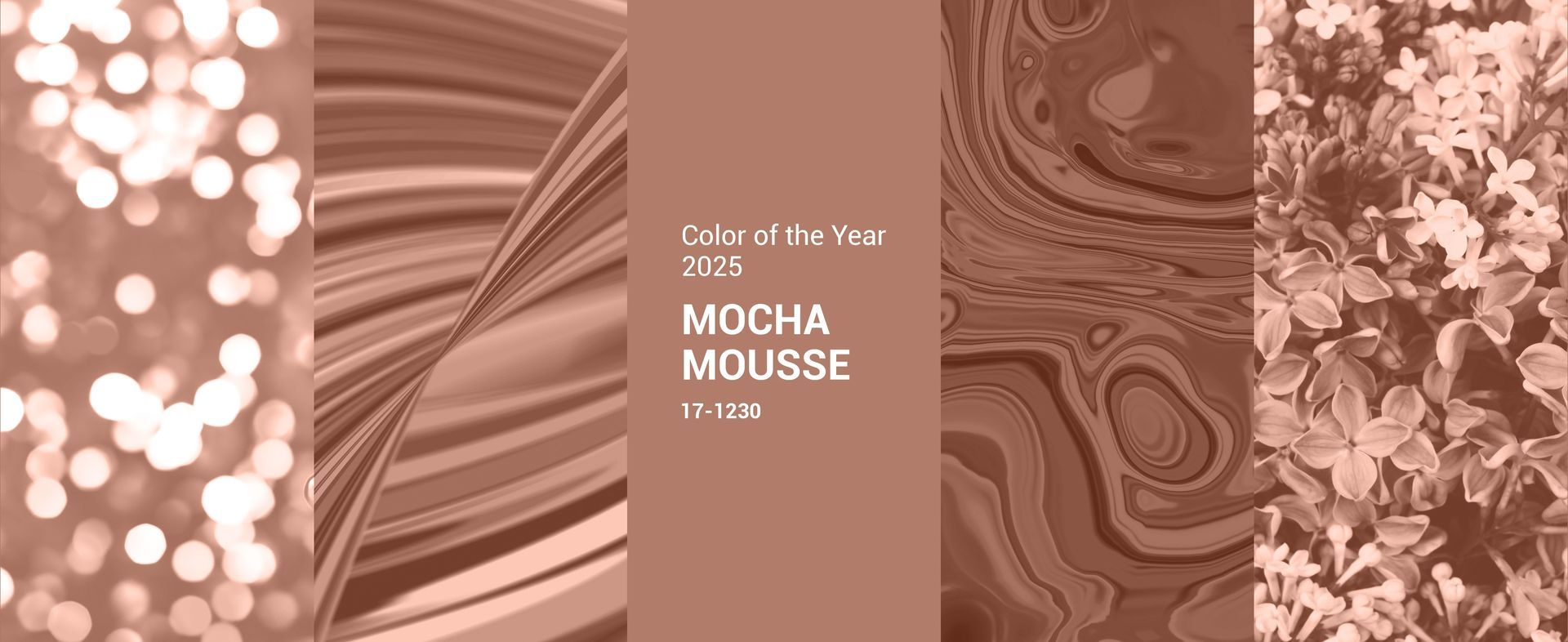How to Encourage Your Child to Wear Glasses
For a variety of different reasons, children are often reluctant to wear their glasses. In some cases, the glasses may feel uncomfortable to wear or children might not want to wear glasses at school for fear of looking different from their peers.
However, if children don’t wear their glasses when they need to, they may suffer from disadvantages in learning and may also compromise their quality of life by not experiencing the better vision that wearing glasses enables.
If you are struggling to persuade your child to wear their glasses, these are some ideas that other parents have had success with:
Ensure they fit comfortably
It is really important that the glasses fit comfortably and your optometrist should spend the time to make sure that your child is 100% happy with how the glasses fit. If they are too tight in any area, then this will be causing discomfort and if they are too loose, your child will find they continually slip down their nose. Talk to your optometrist about the fit of the glasses if you think this could be the issue and they should be able to adjust them appropriately.
Show them their favourite celebrities wearing glasses
If your child’s main issue is that they don’t like how they look when wearing glasses, you can try showing them pictures of their favourite celebrities wearing glasses. Cristiano Ronaldo has his own line of eyewear, so the football fans might like to see some photos of him wearing different glasses. The members of Little Mix regularly wear glasses as stylish accessories, so you could take a look at their Instagram photos to show your child. Whoever it is that your child looks up to, if they wear glasses, show them some pictures and talk about how good they look.
Keep talking about the benefits of glasses
It is important to keep talking to your child about the reasons why they should wear glasses and how the glasses will help them. By having regular conversations, you can find out if any particular issues are preventing them from wearing the glasses. You might even want to talk to teachers to find out whether your child is wearing them in class and explain that you think they are reluctant to wear them, so they can quietly encourage them at school.
Choose the design your child wants
Giving your child more choice in the selection of the frame design will also make them more receptive to wearing glasses. If you buy the glasses from a store with good variety, then your child can select their favourite colour and choose the frame style that appeals most to them.
Harrold Opticians has a huge range of fun styles of frames that help to encourage children to wear their glasses, with many customers getting very excited about their new stylish accessory!
View our children’s glasses range at your local branch – book your appointment here.

